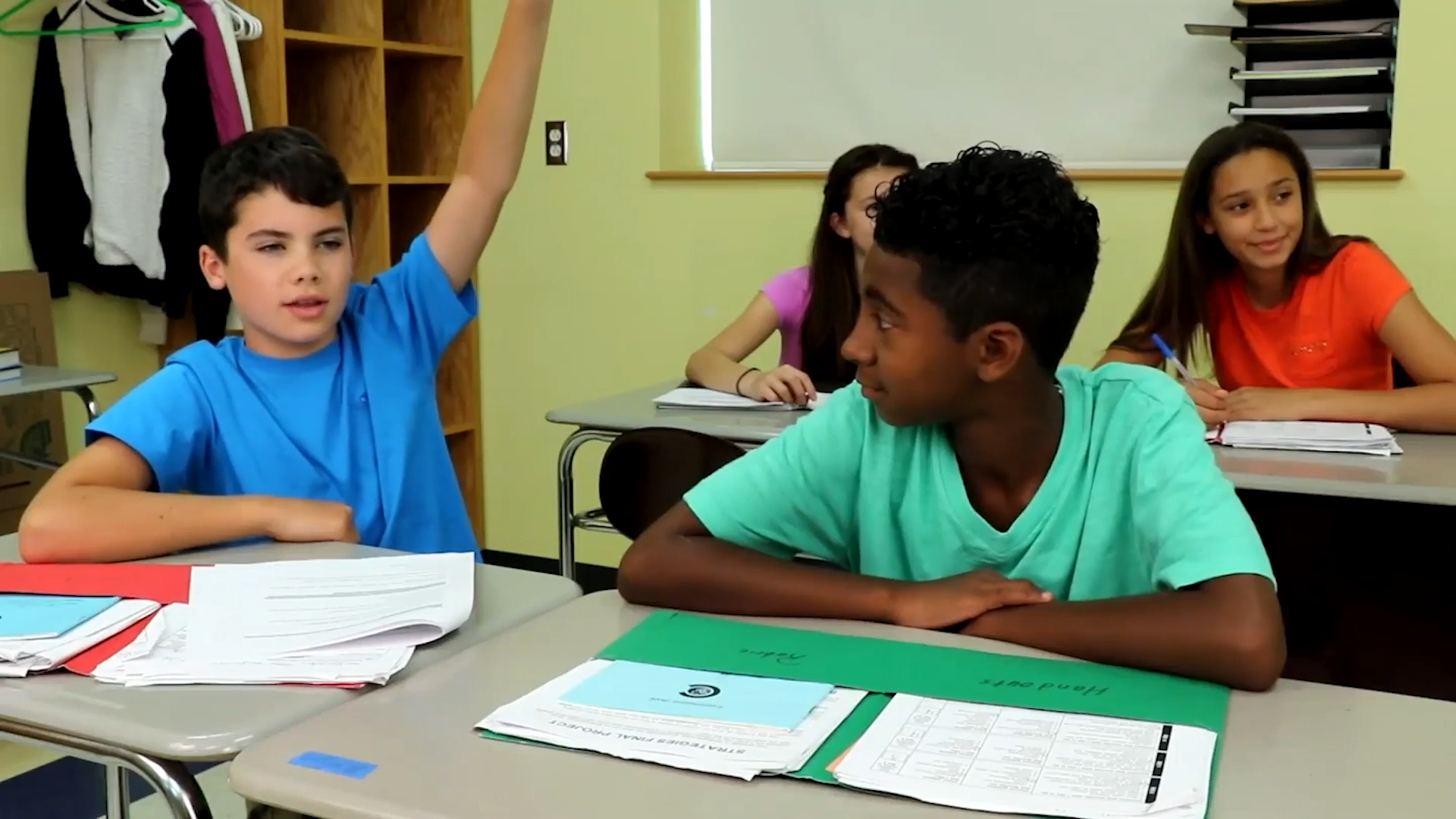Introduction
Active listening is a crucial skill for students to develop in order to create a positive and productive learning environment. By practicing active listening, students can better understand and retain information, while also demonstrating respect for their classmates and teachers. In this blog post, we will explore a no-prep activity to help students develop their active listening skills, discuss related skills, and provide next steps for educators to further support their students’ growth in this area.
No-Prep Activity: The Listening Game
This activity is designed to help students practice listening and focusing while their teacher or a classmate is speaking. It requires no materials or preparation on the part of the educator.
- Divide the class into two teams.
- Select a student from one team to be the speaker. The speaker will share a piece of information or a short story with the class.
- While the speaker is talking, the other team should practice active listening by staying quiet, keeping their bodies still, and focusing on the speaker.
- After the speaker has finished, the teacher will ask the listening team a few questions related to the information shared by the speaker.
- If the listening team answers the questions correctly, they earn a point. The teams then switch roles and repeat the process.
- The game continues until all students have had a chance to be the speaker or the teacher decides to end the activity.
This activity encourages students to practice their active listening skills in a fun and engaging way, while also promoting a positive learning environment for all.
Discussion Questions
- Why is active listening important in the classroom?
- How can practicing active listening help you become a better learner?
- What strategies can you use to stay focused and listen actively during class?
- How does active listening show respect for your teacher and classmates?
- Can you think of a time when you used active listening skills outside of the classroom? How did it benefit you?
Related Skills
Developing active listening skills can also help students improve other important social-emotional skills, such as:
- Communication: Active listening is a key component of effective communication, enabling students to better understand and respond to others.
- Self-regulation: Practicing active listening requires students to control their impulses and focus their attention, which are essential skills for self-regulation.
- Empathy: By actively listening to others, students can better understand and empathize with their feelings and perspectives.
- Collaboration: Active listening fosters a respectful and supportive learning environment, paving the way for successful collaboration among students.
Next Steps
To further support your students in developing their active listening skills and other social-emotional learning competencies, we encourage you to sign up for free samples of skill-based activities and resources at https://everydayspeech.com/sample-materials/. These materials can help you create a more inclusive and effective learning environment, promoting the overall well-being and success of your students.






